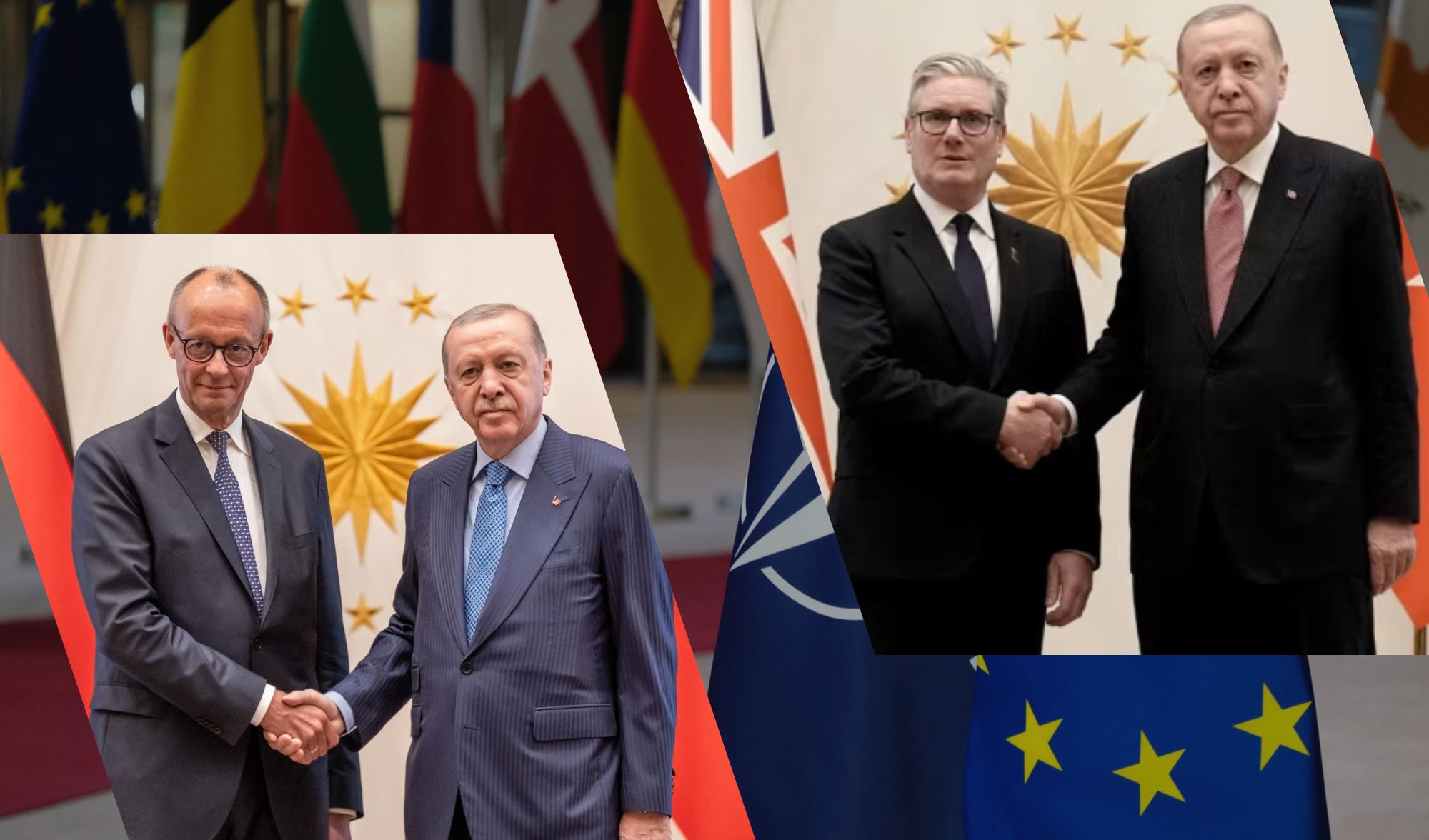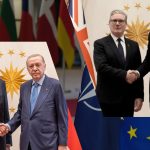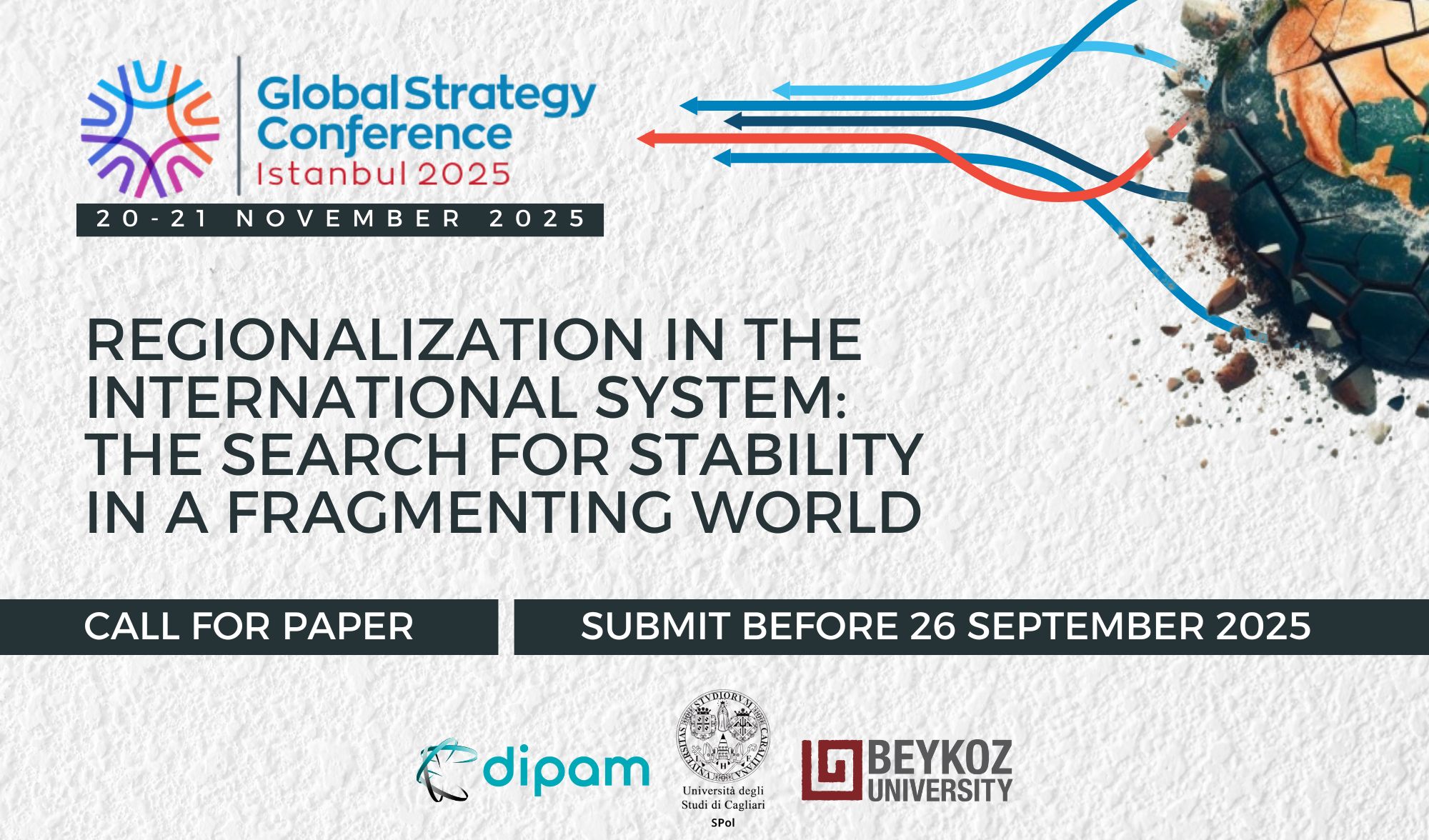In international relations, alliances are generally based not on shared values, but on shared threat perceptions. However, the way you perceive these threats is just as crucial in determining the nature of your relations. Türkiye’s relations with the two major European actors, the United Kingdom and Germany, constitute a striking example of this difference.
Today, Ankara pursues a more flexible, security-based and pragmatic relationship with London, while maintaining a normative, economic, yet politically tense dialogue with Berlin. This situation stems not only from the two countries’ perspectives on Türkiye but also from the fact that Europe is no longer a single center for foreign policy.
This landscape also reflects Türkiye’s way of adapting to the multipolar world order: a multi-axis foreign policy that establishes relations at different levels with different countries.
London: Realist flexibility
Post-Brexit, the U.K. has stepped out of the European Union, adopting a more realist and flexible orientation in its foreign policy. The “Global Britain” vision envisions London forging new alliances not only across the Atlantic but also in the Mediterranean and Eurasia. Within this vision, Türkiye has become one of the key actors, standing out in terms of both geographical access and security capacity.
…
Berlin: Limits of normativity
Türkiye-Germany relations are much older, deep-rooted, but also have a more complex structure. Beyond the diplomatic ties spanning over a century, the population of more than 3 million people of Turkish origin living in Germany has elevated the relations to the level of “people-based diplomacy.” However, despite this intensity, Ankara-Berlin relations today are defined by normative tensions rather than strategic ones.
…
Türkiye in new European reality
Europe is no longer a monolithic whole; it is evolving toward a multipolar and multicentric structure. With different countries like France, Italy and even Poland having different expectations, Germany continues to maintain economic caution, while the U.K. keeps alive its claim to be a global actor again. This situation also affects how Türkiye redefines its relations with the West. Ankara now rejects the “either in the EU or out” dilemma; instead, it pursues a “fragmented yet complementary European policy” by forging partnerships of different depths with various capitals. This both increases strategic diversity and allows Türkiye to secure a flexible position within the European security architecture.
…
This article has been published by Daily Sabah on November 05, 2025. You can read the full article in there.










